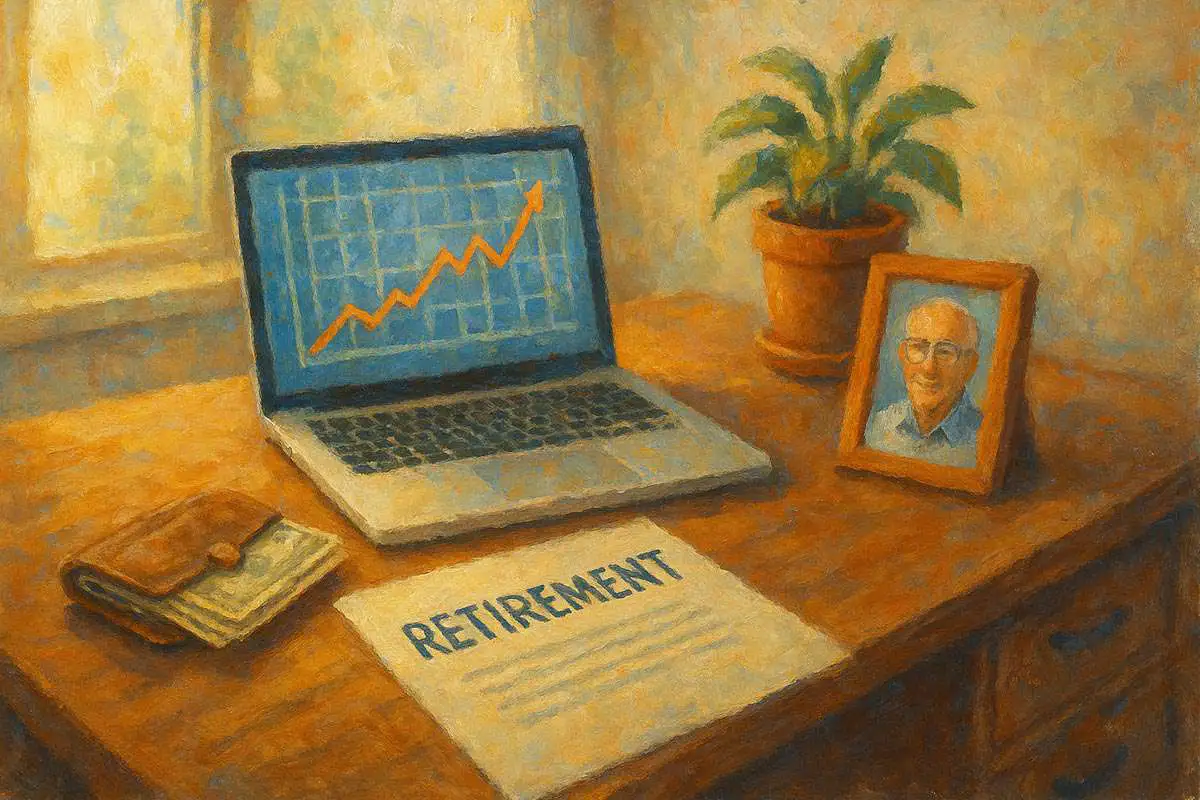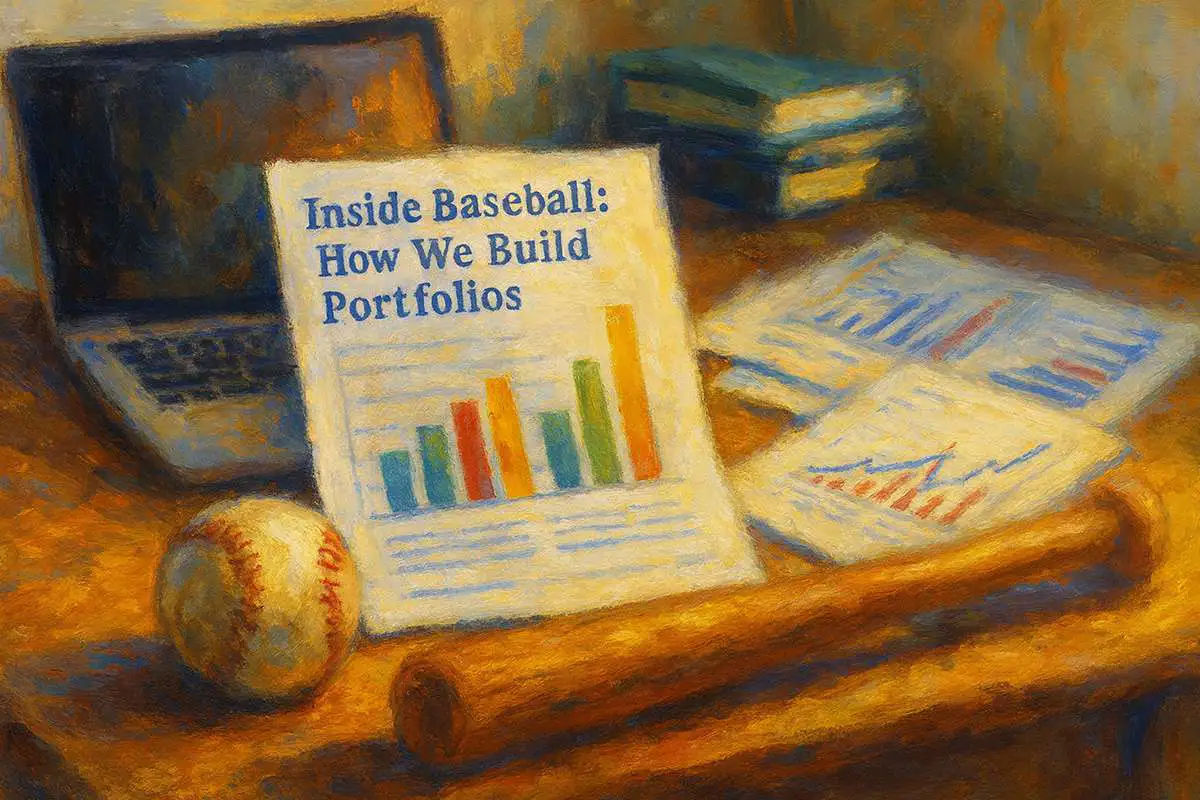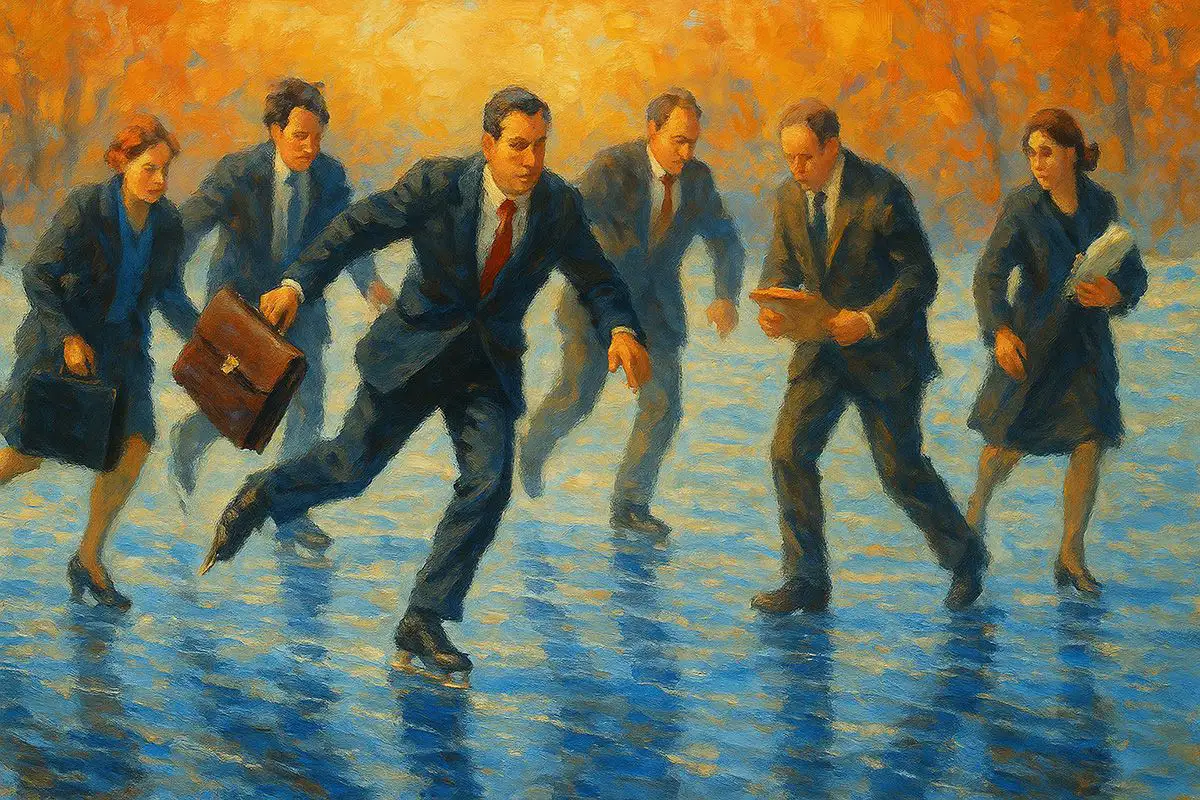Even before the coronavirus we were not big fans of the airlines business. Planes are expensive. Airlines have to pay for them whether they are fully occupied during normal economic times or when they are half-loaded during recessions. Their other big cost is fuel – airlines have little control over it. If they hedge the oil price and it goes up, they are heroes. If they hedge oil and it declines, their unhedged competition will have an economic advantage. It is very difficult to develop competitive advantage; customers usually have very little loyalty and price is the deciding factor for most buying decisions.
Warren Buffett invested in the airlines industry in the ’80s, lost money, and swore he’d never invest in it again. However, after the Great Financial Crisis the industry went through significant consolidation by mergers and attrition, leaving four carriers controlling the bulk of the market. Fewer competitors made competition more rational and turned these airlines into much better businesses. So Buffett changed his mind and bought a 10% stake in all four of the largest US airlines. For a few years it seemed that he was finally right about the airlines.
Airlines were never our cup of tea. The high fixed-cost structure of the industry and its past history of going bankrupt every other recession made our EQ when it comes to airlines very low. When Buffett bought them, for some value investors, the airlines had been blessed by the high priest. We are agnostic (growing up in Soviet Russia has its rare benefits) and have to own our decisions, so we passed on the airlines without spending much time thinking about them.
Typically, when you go into recession you can look at the rear-view mirror earnings for a cyclical company and that becomes your goalpost for future earnings power within a year or two, max. We don’t know how long it will take until we’ll again see the 2019 earnings power of airlines and the travel industry in general. Here is what we know. Though it is hard to imagine this today, the fear of COVID-19 will eventually go away, either because there is a vaccine or a cure, or because the virus is gone, or because we will simply adapt to its existence.
But even in absence of a vaccine or cure, we’ll change our behavior, and that will happen slowly on the margin. After being locked up for a few months, not seeing friends and relatives except on Zoom or Facetime, we’ll timidly visit their houses and sit six feet apart on their porches. (My family did this on Mother’s Day.) Then we’ll invite very close friends – the ones who stuck religiously to social distancing– to our homes for dinner. Then we might chance visiting a restaurant with outdoor seating. Then, on a rainy day, we’ll go inside the restaurant and find that it now has huge spacing between the tables. We’ll make a lot of small incremental decisions; each will be a tiny compromise that will nudge us out of our fear.
Of course, each time we read about serious virus flareups, we’ll take one step back.
Flying is at one extreme in the spectrum of social distancing. It requires finding your way through airports packed with people and then getting on a plane that, even after the middle seats are removed will still have a higher density than a packed bar on Friday night in Manhattan. Thus flying will require a great many little, incremental, marginal decisions before we overcome the fear of boarding a plane.
Vaccine availability would instantly vanquish fear, and our behavior would come back to normal. Well, almost. There will be scar tissue on the economy – trillions in government debt and persistently high unemployment – that will take time to clear up. People are not flying today because we are in lockdown; they’ll be flying less than they used to after lockdown is over because they are still afraid; and after their fear is gone they’ll still be flying less because they cannot afford the flights.
We imagine that when Buffett bought airlines in 2015, he thought the worst case would be a significant recession where plane occupancy would fall from the usual 80-90% to 50-60% (according to the FT, only four airlines out of a few hundred are profitable at 62% occupancy). His thinking was that the airlines would lose some money for a few quarters, but the recession would be anything but an existential crisis for them. Recessions last months and expansion years, and he thought he had bought them cheap on full-cycle (both recession and expansion) earnings.
Despite being the Oracle of Omaha, he did not foresee that one day we might have a different type of recession where 95% of the planes would be grounded, not because people couldn’t afford to buy a tickets but because they would be required to stay home by their governments, or would be afraid that close proximity to others would make them sick or even kill them.
Very few businesses can survive when 95% of their revenue goes away for an extended period of time. Even fewer can survive when they have a large fixed-asset base that needs to be paid for whether they are using it or not.
The sad reality is that unless airlines raise new capital, they will go bankrupt. This capital, though it might save them, will reduce the value of their businesses. Equity issuances, especially at today’s depressed stock prices, would permanently dilute shareholders, as future earnings will be shared with a much-increased shareholder base.
If the airlines issue debt, it will not be cheap capital, either, and will burden these companies, which already have a lot of fixed costs, with another cost – significant interest payments that will substantially reduce their future earnings power. The longer the fear of the virus lingers on, the more money these companies will lose and the greater the damage that will be done to their balance sheets and thus their future earnings power.
In our thinking about the virus we have three timelines, or eras: BC – before coronavirus, DC – during coronavirus (now), and AC – after coronavirus (the virus is completely gone, or there is a vaccine or effective treatment. The longer the DC era lasts the more impact it has on the AC era. The DC era comes with high unemployment and enormous government spending – larger deficits and an ever-growing debt pile that is no longer counted in billions but in trillions.
The future of the airlines is path-dependent, and they have little control over that path; it is controlled by the virus (or the fear of the virus).
We don’t own airlines, so why am I spending so much time talking about them? There are several reasons. First, because they are companies that are antithetical to our portfolio philosophy. Charlie Munger says, “Tell me where I am going to die so I won’t go there.” So it’s worth having a clear picture of the types of businesses you don’t want to own.
Second, we wanted to point out Buffett’s ability to change his mind. Interestingly, Buffett, who was already the largest shareholder of US airlines, bought more airline stocks a few weeks before he sold them. We did something similar this quarter, too: We increased our position in Melrose Industries, just to sell the full position two weeks later. (More about Melrose to follow).
Third, like Buffett, we were playing traditional chess, not realizing that the game had changed to Fischer random chess. We were following the normal recession handbook (mental models) but then realized that this is anything but a normal recession. We have to be incredibly careful about using our past mental models today; they were built in a very different environment. Today, past experience is not useless, but if relied on blindly it can be dangerous. Some things will play out in the future as they have in the past, but many won’t.
We needed to start using a first-principles approach – a concept we shamelessly borrowed from physics. We took out a blank piece of paper, assumed we knew nothing, and instead of continuing to think by analogy, started questioning every assumption we make in our analysis.
Our decision to sell Melrose Industries is very similar to Buffett’s sale of the airlines. We sold Melrose before the Berkshire Hathaway annual meeting. It was a difficult decision, not because we cemented a loss but because we parted with a business we really liked, that was run by good management, and that was significantly undervalued when we bought it.
When we were buying Melrose we stress-tested it for a severe recession; however, the decline that Melrose is probably experiencing today did not occur to us in our wildest imagination. Melrose is a very strong player in two industries that have been impacted tremendously: the airlines space (it makes parts that go into planes and engines) and car parts (it is one of the largest makers of transmissions for cars). We talked to the company. It has credit lines and cash to give it immediate liquidity, but we are not sure if it will be enough.
We had applied the traditional recession mental model to our analysis, and we were wrong. Given the world we are looking at now, we should have sold it sooner.
Buying new planes is the last thing on airlines’ minds today. Also, only 20% of Melrose’s business comes from replacement parts. Melrose’s auto parts business (ironically, the business we worried about the most when we bought the stock) may be okay; it may even generate some profit; but we are not sure it will be able to sustain the company. We simply don’t know what the losses are going to be in the airlines space and for how long. We have a tremendous respect for the Melrose management team – they’re a big reason why we bought the stock – but at this point the problem that Melrose is facing is bigger than them.
If you look carefully through your portfolio, you’ll see that we’ve positioned it to the opposite side of spectrum from the airlines. Most of our holdings are concentrated in four industries: defense, healthcare, tobacco (where we are permitted by clients), and telecommunications. These industries have one thing in common: They will not be structurally impacted by the virus.
Consumption of goods and services in the four industries is completely insensitive to the virus. These companies all have very stable cash flows and pricing power – in the event of deflation they’ll maintain their prices, while during inflation they’ll raise them.









0 comments
0